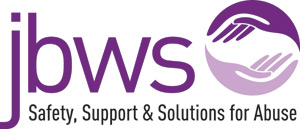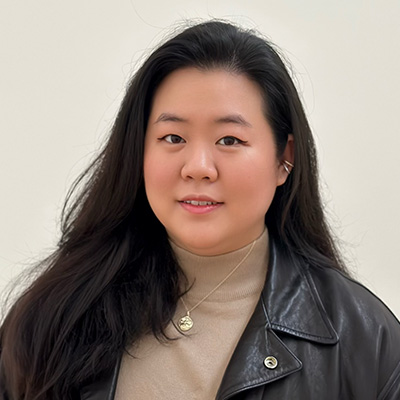“Culture is not that important to this research.”
That is what Jihae Lee, a group co-facilitator at JBWS’ Jersey Center for Non-Violence, was told by a person conducting pivotal research into depression. The researchers were attempting to make mental health questionnaires more relatable and practical to communities using it but didn’t see culture as a necessary consideration.
However, Jihae believes that culture is an inextricable piece of a person’s identity and that it shapes their life experiences. Not acknowledging culture could lead to a fundamental misunderstanding of a person’s struggles.
“My grandfather grew up in Korea when it was under Japanese colonial rule,” explains Jihae. “As a child, he was beaten by his teachers for speaking Korean, but he never spoke about these experiences. They were taught, from a very young age, that you need food and water to survive, and you can’t think about anything else.”
This focus on survival made it difficult for generations of Jihae’s family to reflect on their mental and physical well-being. This is further compounded by linguistic and cultural differences between English and Korean. In the states, the cultural narrative of depression is expressed mostly through physical symptoms of depression rather than descriptors of mood or affect. Often times, there are no direct translations for these terms, which makes it difficult for many Korean Americans to even discuss mental health with their families.
“I knew I wasn’t happy, but I didn’t have the words to describe what I was feeling,” says Jihae. “That’s why I wanted to pursue psychology. I wanted to do research and use that work to answer questions for myself.”
However, as Jihae’s education progressed, she realized her true calling.
“Asian Americans are not represented in the field of psychology outside of research,” says Jihae. “I decided to become a counselor to be that representation and give a voice to people who needed it.”
This led Jihae to the Jersey Center for Non-Violence. She began her time at JCNV as an intern and was eventually hired to co-facilitate counseling groups for men who have used abuse in their relationships, known as ACT.
“When I first started at JCNV, I was nervous about doing the work,” says Jihae. “But then I realized that using abuse is a cycle and we can’t just punish people and expect that abuse to stop.”
According to Jihae, many of the men enrolled in the ACT program wish they had known about these services when they were younger and wish they had opened up about their issues before their abusive behaviors escalated.
Both Jihae’s personal and professional experiences with mental health have led her to fiercely advocate for those in need. It is her hope to encourage all people to reach out for help, regardless of what they may be experiencing, to make themselves and their partners safer.
*The Jersey Center for Non-Violence has programs for men, women, and teenaged boys who have used controlling or abusive behaviors in their relationships. If you need help, visit jbws.org/jcnv*

